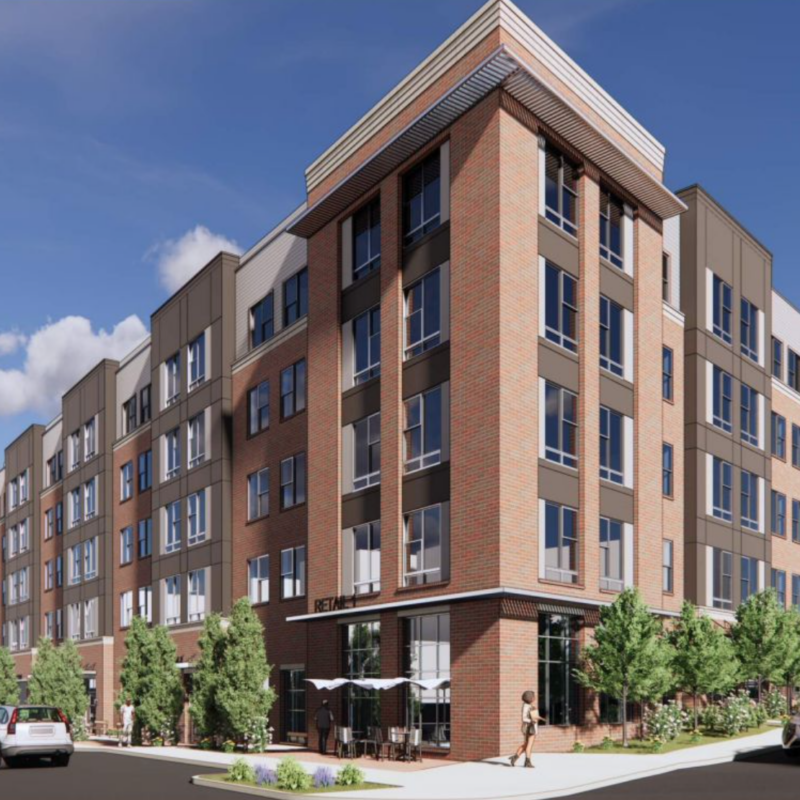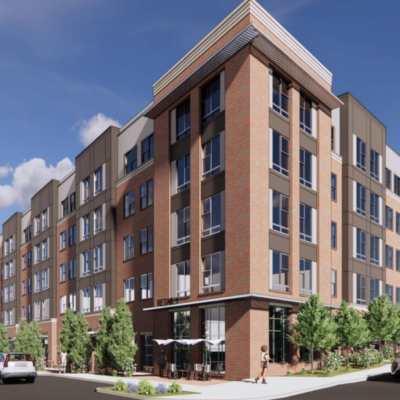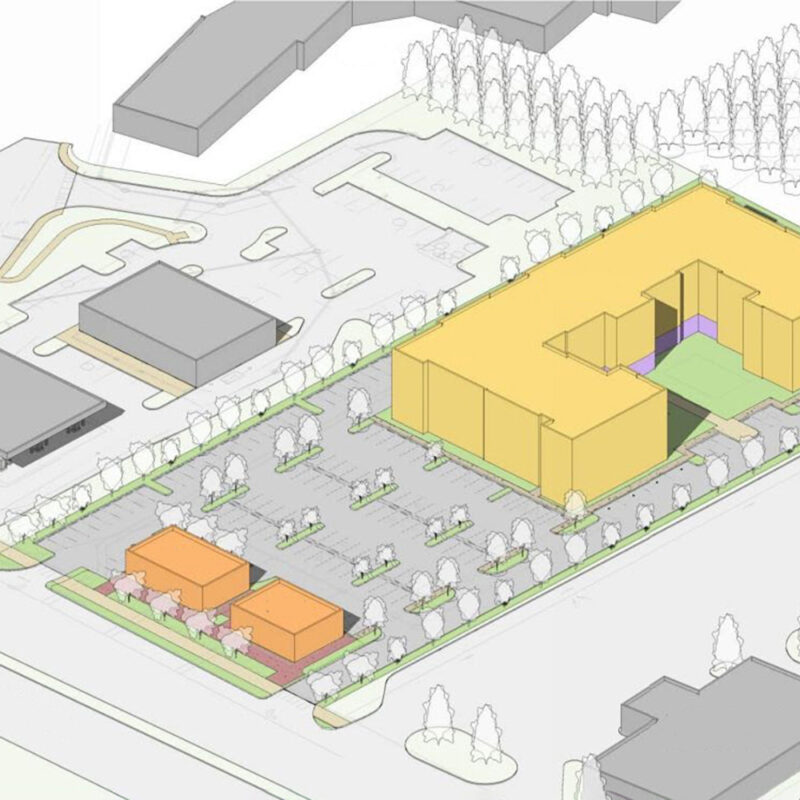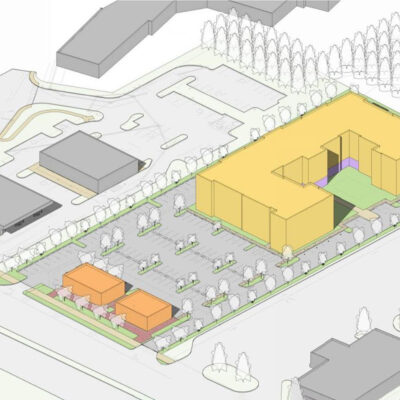Negotiating and agreeing on the price for a new home may seem like the final step of a long process. In fact, it’s just the beginning of maneuvering through the long list of closing costs.
These costs and payments are typically organized by a settlement company and paid to lenders and other third parties involved in the purchase of a property when the final documents are signed.
“While closing costs can be negotiated, there are very customary ways they are shared in our area,” explains Karla Floyd of Charlottesville’s CloSure Title & Settlement Company. On the other hand, nothing is in stone, and the buyer and the seller can share closing costs in various ways. In fact, this sharing can be a negotiating point when buying a property
What are typical fees?
Closing costs can vary from one property to another, one jurisdiction to another, and one purchase contract to another. But as a rule of thumb, here’s a list of how these costs usually break down in Central Virginia.
Typical costs for buyers include:
*Fees for home appraisal. Usually the lender hires a licensed appraiser to confirm the property has no health or safety problems and is safe to occupy. This will also ensure the lender is not financing it for more than the property is worth.
*Cost of a survey which verifies property lines. (This does not apply to condominium units.)
*Charges for a home inspection if one is performed. In some cases, the seller will correct all or some deficiencies. Other times, a price adjustment may be negotiated prior to closing.
*Fees for running a credit report.
*Underwriting fee for evaluating the loan application.
*Loan origination fee covering the cost of processing loan paperwork.
*Points: money paid in exchange for a lower interest rate. Each point equals one percent of the mortgage and creates a reduction in interest rate with lower monthly mortgage payments. Points can save significant amounts of money over the life of a mortgage.
*Title search to ensure there are no liens or unpaid tax or mortgage payments.
*Title insurance. The cost is based on the loan amount and price of the property. “The lender will normally require title insurance,” says Floyd, “and because the lender’s title insurance doesn’t protect the buyer, I highly suggest owner’s title insurance although it isn’t required.”
*Homeowners insurance. All lenders require insurance, possibly including flood insurance depending on the location of the property. Often a prepayment of 3-12 months is required at closing. If the down payment is less than 20 percent, the lender may also require mortgage insurance.
*Recording fee and transfer taxes paid to the jurisdiction to record the new deed.
*Escrow deposit to prepay taxes and insurance. These are not really fees, since they would have to be paid eventually, but still may be due at closing.
*Fee for buyer’s attorney if one is used. “Some buyers and sellers retain real estate attorneys,” says Floyd, “but in Virginia settlement agents are legally allowed to conduct real estate transactions apart from attorneys.”
Usually sellers are responsible for:
*Charges for termite inspection.
*Deed preparation cost.
*Grantor’s tax on deed transfer.
*Real estate commissions, if due.
*Fee for seller’s attorney if one is used.
How much are closing costs?
In some cases, buyers can find loans without closing costs. However, these mortgages generally require a higher interest rate or the closing costs are added to the mortgage. Both these tactics mean significantly higher long-term costs.
Lenders are legally obligated to provide a “good faith estimate” of expected closing costs within three days of the loan application and buyers should plan on spending between 2 to 5 percent of the cost of the property.
Armed with several estimates, buyers can compare settlement companies, however these figures may be legally increased by up to 10 percent. Within a day of the closing, buyers must receive a HUD-1 settlement statement with the final closing costs. If there is a large increase, demand an explanation of each item why it is needed. Since buyers can choose among lenders, some of these fees—especially administrative costs—might be negotiated with lenders who want to hold a mortgage.
“Rates among settlement companies are pretty competitive in Charlottesville,” notes Floyd. “Service is going to be the key for people and many companies rely on word-of-mouth referrals.”
So do your homework when it comes to closing costs to find the best deal and the best service. Finally, be sure to consult with your tax preparer or consult IRS publication 530 because some closing costs may be deductible on your taxes.
Marilyn Pribus and her husband live in Albemarle County near Charlottesville.





